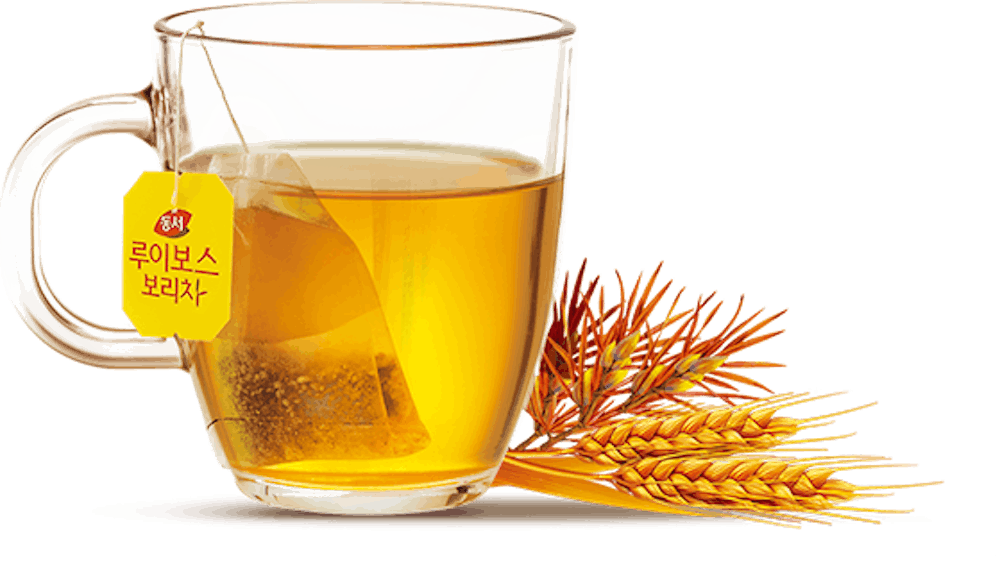Sleep deprivation, midterms and an overdose of caffeine from four cups of coffee — these are making it impossible to tame the Asian in me.
I’m craving for some of my favorite comfort tea that really help with my stress level, but I don’t have the means (no car), nor the time to shop for them. So I’m going to drink vicariously here as I introduce you to some of Korea’s top traditional teas.
Yujacha or Citron Tea

(Source: Etoday)
Yuja or citron tea is made from the citron fruit, obviously. You make a marmalade out of the fruit and honey, add a spoon or two to hot or cold water and enjoy all its delightfulness. This extremely tart and sweet tea is effective for arthritis and hangovers. Yes, I just said hangovers. It’s also very good for colds, due to the abundance of vitamin Cs in the fruit. The best part yet: this tea usually have chunks of citron in it.
Maesilcha or Asian Apricot Tea

(Source: DB Chosun)
Another fruit tea favorite, maesilcha, is made from fermented Asian Apricots. The fruit is fermented with sugar to extract all the delicious fruit syrup. This syrup is mixed with cold or hot water to make a sweet and sour tea. Maesilcha is less sour than yujacha or omijacha, so if you’re not a fan of sour patch kids, you might like it. This drink helps with digestion and constipation and it’s also an effective detox tea.
Omijacha or Schisandra Berry Tea
(Source: Hankyoreh)
Nothing beats the exotic odor of this tea. It has such an exquisite smell to it, which might surprise you at first, but the tea truly tastes amazing. The Korean (or Chinese) characters of the name of this fruit tea literally translates to five-flavor tea. Apparently, you can experience all five (except for umami) types of taste: salty, bitter, sour, sweet, and spicy. Strictly speaking, spiciness isn’t a flavor, but traditionally, it’s been considered a flavor you can taste from this berry. My favorite part of this tea is its gorgeous color. It’s a deep, reddish pink blend that unfortunately won’t erase if you spill on your clothes!
Yulmucha or Job’s Tears Tea

(Source: Hirawebzine)
If I had to choose one tea to live off of my entire life, it would be this. Made from job’s tears, which is a type of grain that is popular in the Asian cultures, this tea can easily replace breakfasts. It’s kind of like an oatmeal, only it’s sweeter and much more watery. Yulmu is diuretic and the tea was traditionally used as a treatment to diuresis.
Boricha or Roasted Barley Tea

(Source: Rooibosbarleytea)
I used to drink this year-round. Most families in Korea drink this tea instead of water, although this trend is dying due to the increasing popularity of distilled water. This is fairly easy to make. You must slowly roast the barley up until the skin is slightly burnt. Then you chuck them in a huge pot of water and boil away!
To get the day's news and headlines in your inbox each morning, sign up for our email newsletters.





